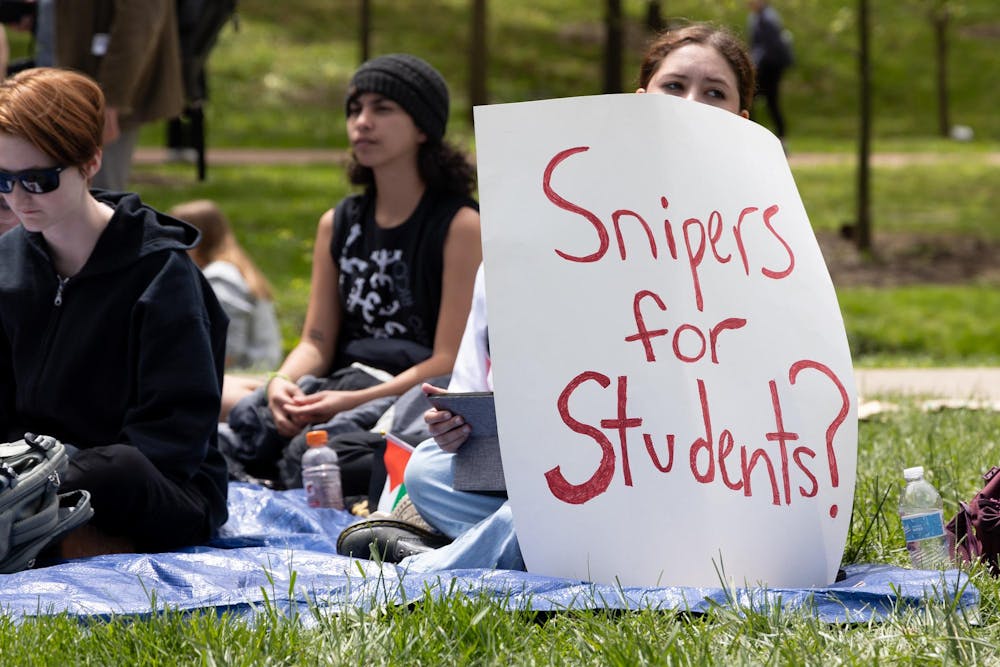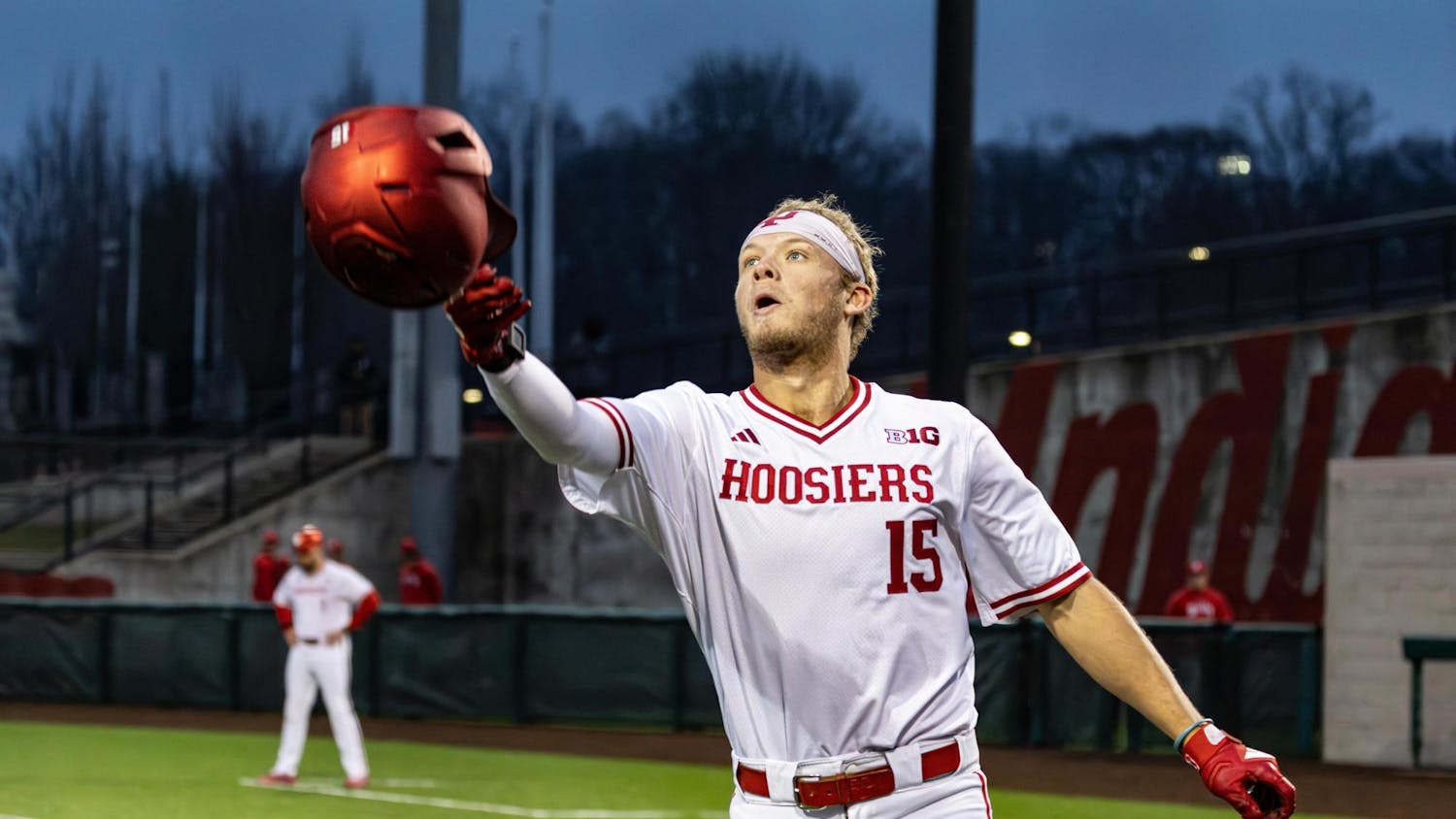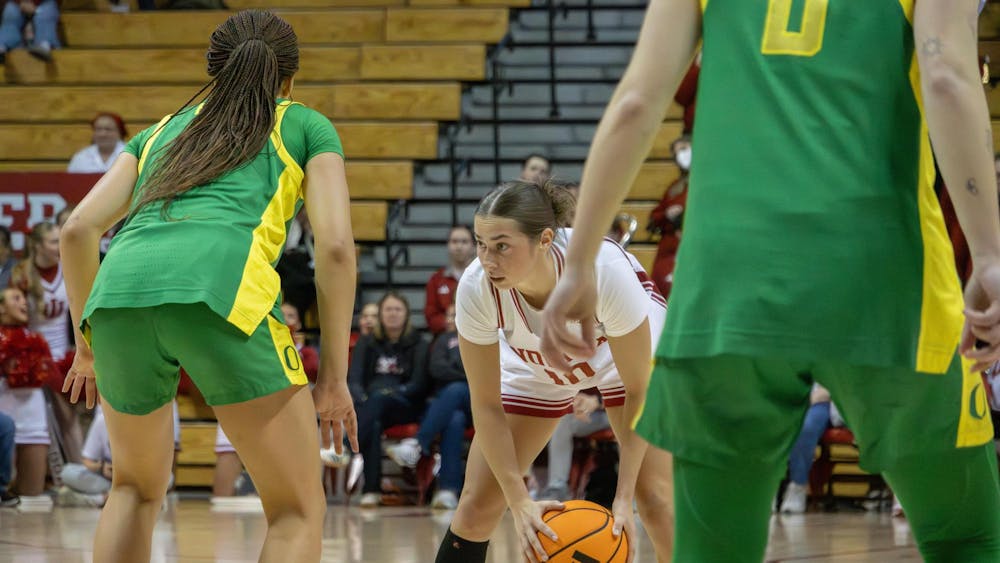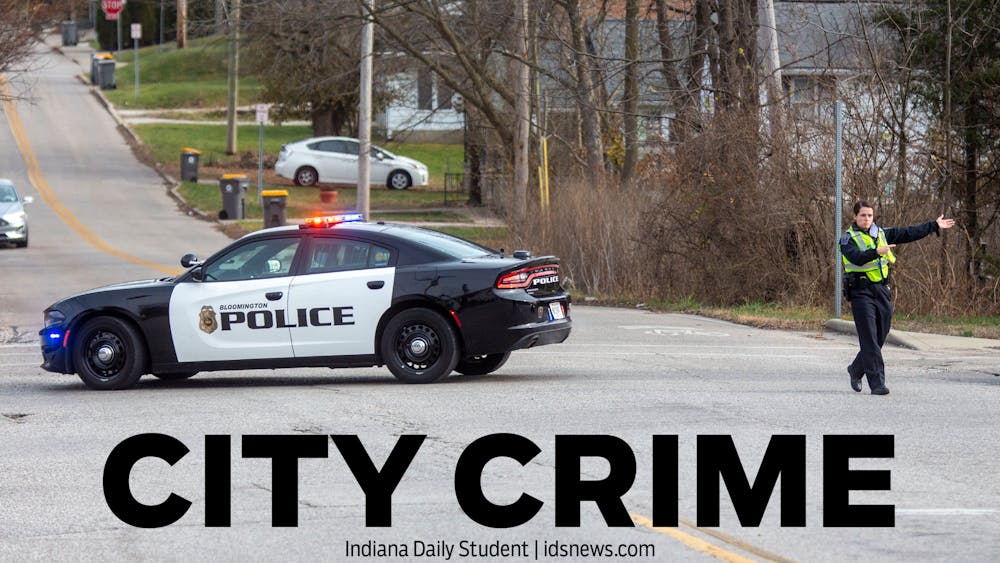Protests are not new, but the increase in activism has made it so protests are becoming a more frequent occurrence. People are empowering each other by standing up for their beliefs and using their voice to enact change, and it has had a ripple effect in this generation.
Protesting is an action that has become more widespread in recent years, not just in the U.S. but in the whole world. In fact, the number of protests happening around the world has nearly tripled between 2006 and 2020, with more and more people standing up for what they believe in and willing their voices to be heard. With each protest that happens, people are realizing they have the power to bring about change, and they have decided to exercise that power as much as they can.
Young people especially are using their voices more. With millennials reporting decreasing satisfaction with democracy, younger people are asserting themselves and their views. It’s been found that politically involved young people, defined as people under 40, are twice as likely to participate in protests compared to older people. This is an increase from the early 2000s, when young people were only 3% more likely to protest compared to older people.
Younger people’s participation in protests and activism is increasing as people begin to understand that making your voice heard not only makes a difference but also raises awareness on pressing issues. March for Our Lives, a student-led organization that began after the Parkland shooting in 2018, has brought about widespread awareness on gun law legislation in the U.S., resulting in more than 300 gun prevention laws being passed across the country. Fridays for Future is a youth-led movement addressing the climate crisis, and since its beginning in 2018, it has inspired people to take action and pressure global policymakers to take a stand against climate change.
It’s often said that the opposite of love is indifference, and young people are anything but indifferent to current happenings. From the increase in youth activism all around the world, one factor stands out prominently: young people care, and it stems from wanting more for this world. Politically and environmentally, we deserve a better place to live, and young people have recognized the power they have in making that happen for future generations.
The protests and activism revolving around climate change does not stem just from a desire to influence lawmakers, but on a deeper level stem from a love for this world. Younger people are much more inclined to speak out and protest about the future consequences that come with our habits which affect the environment in negative ways. This is not just the world we will grow up in, but also the world that future generations and our prospective families will inhabit. With loud voices, ambitious hope and a deep devotion to this Earth, young people hope to enact change through standing up and speaking out.
Human rights are also a popular topic to bring awareness to through activism. Young people envision a world in which everyone is treated equally — a world in which people aren't discriminated against based on their race, gender, sexual orientation or anything else that defines them as a person. We long to raise our children and watch future generations grow in a world without discrimination and prejudice. We want equality after living in a world that for so long lacked it, evidently and detrimentally.
We may be young and not yet seen as dignified in society, but there's power in numbers and determination. Previous protests and activism acts have proven that people, no matter how young, can and will make a difference. Full of unwavering hope and resolution, I have no doubt that young people will work to push this world to its highest potential no matter how many voices it takes.
Caitlyn Kulczycki (she/her) is a sophomore studying media advertising with minors in psychology and creative writing.






